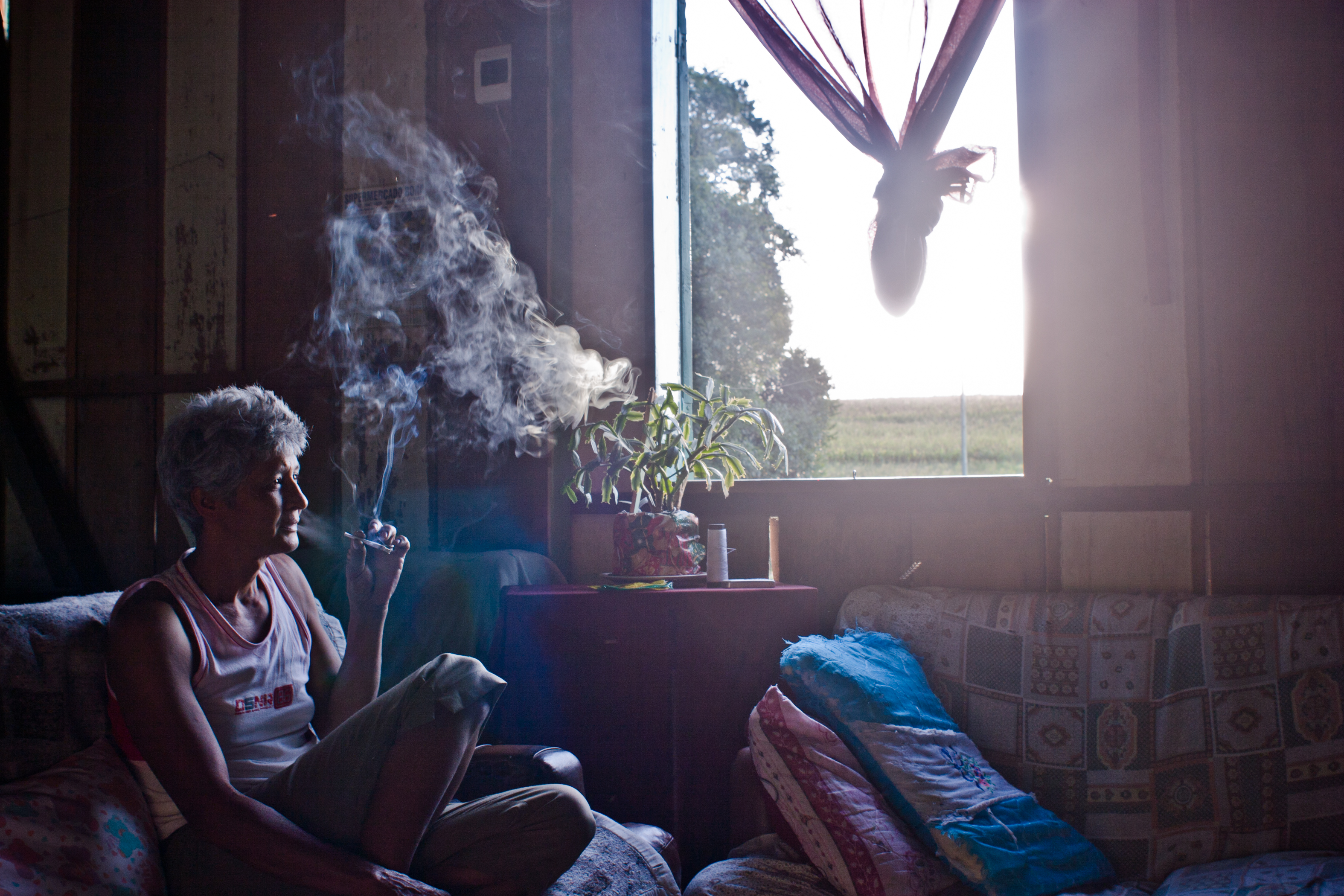AESTHETIC GESTURES, MORAL FRAMEWORKS: PERFORMING LANDLESSNESS IN BRAZIL

This article, focusing on the Landless Workers' Movement (MST) of Brazil, demonstrates how members of Latin America's largest social movement perform the diverse compacts of obligation and reciprocity that characterise an MST occupation. MST encampments seek to enact a transformation of the land on which members are situated, but also emphasise a transformation of the human subject itself, from unproductive to productive. Performing this transformation and becoming truly 'landless' however goes beyond merely being a willing new member: equally as important is the creation and maintenance of an 'aesthetics of orderliness' which makes visible the moral connotations that structure or undermine one's right to become sem terra, landless. Through an analysis that foregrounds the temporality and territoriality of how the MST occupy, and drawing a distinction between the precariousness of an MST encampment and the relative stability of an MST settlement, I suggest that movement members are content to perform in the former, but increasingly seek to issue performative acts in the latter. Building on Judith Butler's distinction between performativity and performance, I argue that individual MST members, embedded in relational spheres, ultimately seek not only to transform themselves but also the wider movement by reconfiguring the very moral framework that structures their social movement from the ground up.
auflynn [at] arts.ucla.edu
Alex Ungprateeb Flynn is an Associate Professor at the Department of World Arts and Cultures/Dance, University of California, Los Angeles. Working as an anthropologist and curator, Alex’s practice explores the intersection of ethnographic and curatorial modes of enquiry. Researching collaboratively with activists, curators and artists in Brazil since 2007, Alex explores the prefigurative potential of art in community contexts, prompting the theorisation of fields such as the production of knowledge, the pluriversal, and the social and aesthetic dimensions of form.